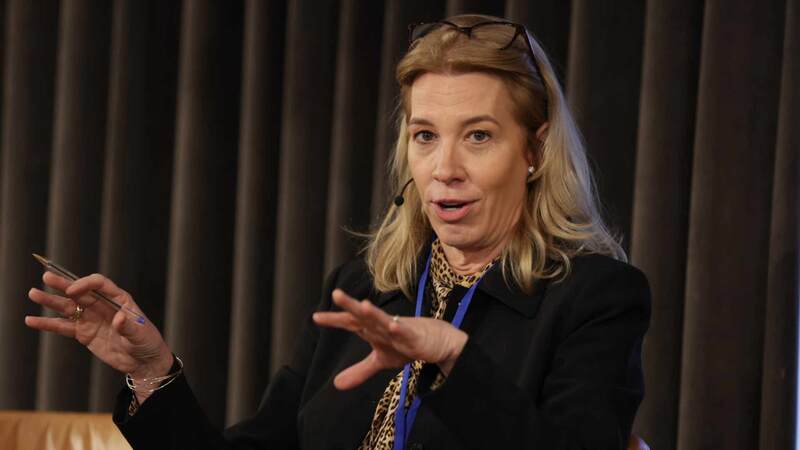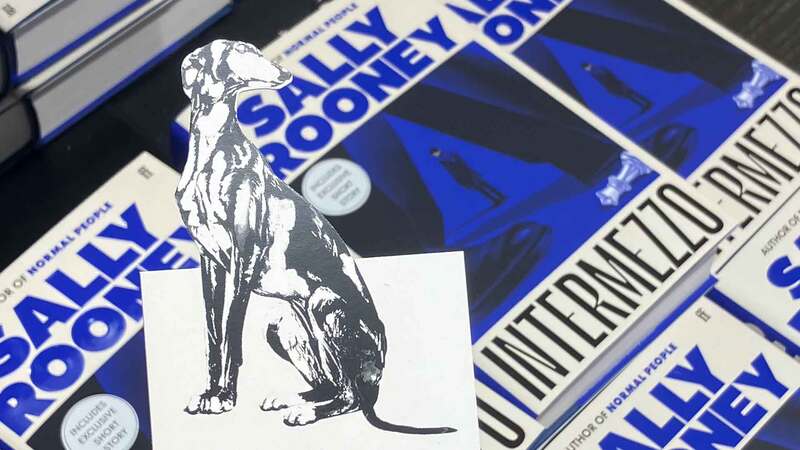You are viewing your 1 free article this month. Login to read more articles.
Literature Alliance Scotland demands fair pay for literary freelancers
A new report from Literature Alliance Scotland (LAS) has revealed that the average annual full-time income of a literary freelancer in Scotland is less than the Living Wage.
The research – commissioned by LAS and conducted by Ruthless Research – found that full-time freelancers earned £21,140 on average in 2022. The Living Wage for a full-time worker is £21,255 based on an hourly rate of £10.90.
Many shared that they earn considerably less than this figure, with 66% of respondents making less than £20,000 and more than a quarter (27%) earning less than £5,000 through freelance work in the sector. Disabled, emerging freelancers working part-time are more likely to earn less than £5,000 per annum.
Based on a survey of 149 freelancers conducted last summer, the report also found that 25% of freelancers in the literature, languages and publishing sector felt they were never paid fairly, while one in five (19%) said they were considering leaving the sector all together.
Based on these findings, the LAS is urging arts organisations who engage freelancers to embed four cornerstones of fair treatment: pay fairly, pay promptly, understand your ask (what unpaid expectations are you asking of freelancers, for example, preparation time, travel or subsistence costs?) and review your hiring practices.
Jenny Niven, chair of LAS, said that Scotland “trades on its reputation as a literary country” but consistently undervalues and undermines freelance workers.
Niven added: “Our damning report confirms that literary freelancers and temporary workers in Scotland can barely earn the Living Wage. How can we expect to attract a diverse workforce to a career in publishing and writing when it is so undervalued? Plus, with a high proportion of disabled people working within the sector, the implications and multi-layered disadvantage is stark and unsustainable.
The report also shows that 93% of freelancers agree that the sector relies on freelancers, however the majority of freelancers (58%) do not feel valued by the sector.
“When workers across Scotland are striking due to the cost-of-living crisis, freelancers working in the arts don’t have that option. This is a systemic problem in the culture sector that needs urgent government attention. Our organisational models rely on having freelancers available; if we do not act now to make real changes for freelancers’ working conditions and pay in the long-term, the damage to the sector will be devastating.”
Senior professionals from across the literary sector in Scotland have reacted to the survey. Alan Bett, head of literature and publishing at Creative Scotland, for example, said that it will “form the basis for wider sector discussions on both fair payment and working practices, considering how conditions can be created that support freelancers and values their contributions".
Meanwhile, Heather Parry, senior policy and liaison manager (Scotland) at the Society of Authors, said that the sector “cannot become a diverse, thriving, expansive landscape when working conditions for so many of its freelancers are poor".
She added: "It is incumbent upon not only organisations and employers but also government to improve their frameworks for engaging with freelance workers, and to ensure that fair and timely pay, creative and worker rights, fair contracts and lessening paperwork are the keystones around which this work is done. As 93% of the respondents to this survey clarified, the sector relies on freelance workers—and yet, it fails to value them.”


















